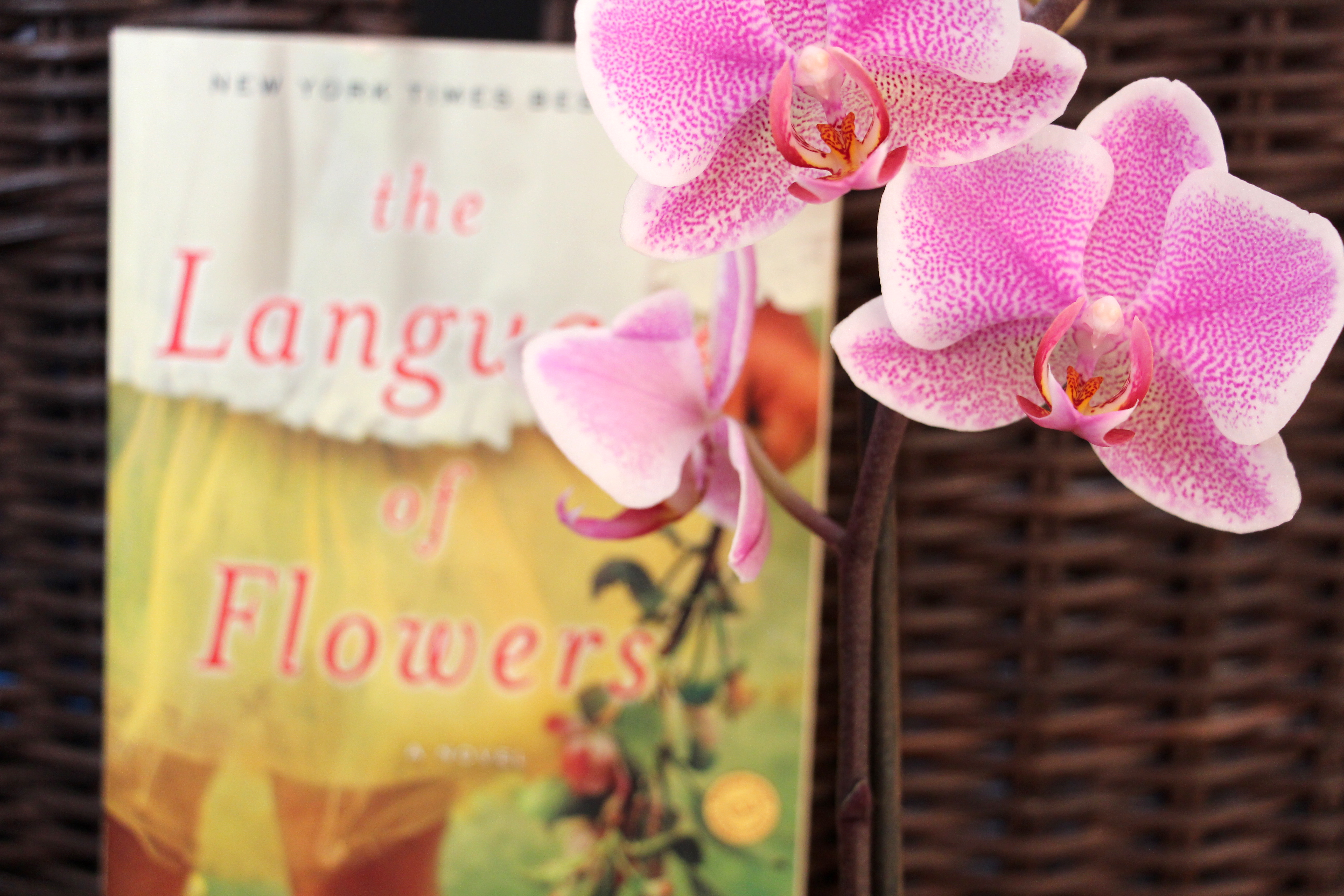Sometimes, I get this weird anxiety over the sheer number of books that are published every year and the comparatively few I read in the same amount of time. I read a lot – usually around a book a week and more in the summer – but I still have massive FOMO when it comes to all of the amazing books out there that I’ll never even cross paths with. Add to this the fact that I have a really hard time stopping reading a book – even if I’m not enjoying it – until it’s over, and it’s no wonder that I choose books very carefully… and it’s also probably not that surprising that while I’m definitely a book hoarder, I don’t have tons of books on my bookshelf that I reread (which I’m sure is a contributing factor in the Country Boy ‘s frustration with the sheer number of books I own).
Seeing as I’m nearly always engrossed in something new, I can count on one hand the books that I’ve read more than twice, but The Language of Flowers is one of them. This book by Vanessa Diffenbaugh is a “comfort” book, in the same way that you’d watch the same movie or an episode of a beloved TV show over and over again. It’s beautiful, it’s a little bit bittersweet, and it’s totally different from most books I’m drawn to, but that’s what makes it special.
The Language of Flowers straddles that weird place that exists in publishing right now where there’s a young adult protagonist (recently emancipated foster child Victoria is just 18), but the story and the book itself are geared more towards an adult reader. In this book, Victoria is a master of the Victorian language of flowers (daffodil for new beginnings, wisteria for welcome), and after briefly living rough manages to get a job making specialty bouquets for residents of the small town where she lives. (This part reminds me quite a bit of the film version of Chocolat.)
But of course, the buck doesn’t stop there. Victoria has to confront her past, which she does through frequent flashbacks and an encounter that sends her into the depths of what has made her experience in foster care so devastating.
*Spoiler Alert*
I’m not planning to spoil everything for you, but the main reason why this book is so uncharacteristic for me is that generally, I abhor happy endings. In this case, however, it seems earned (you need a little bit of flexibility in your suspension of disbelief, but not too much.
*End Spoilers*
All in all, it’s a beautiful, literary read that I’ll probably find myself reaching for more times than I can count. (… Does that count on my GoodReads reading challenge?)
